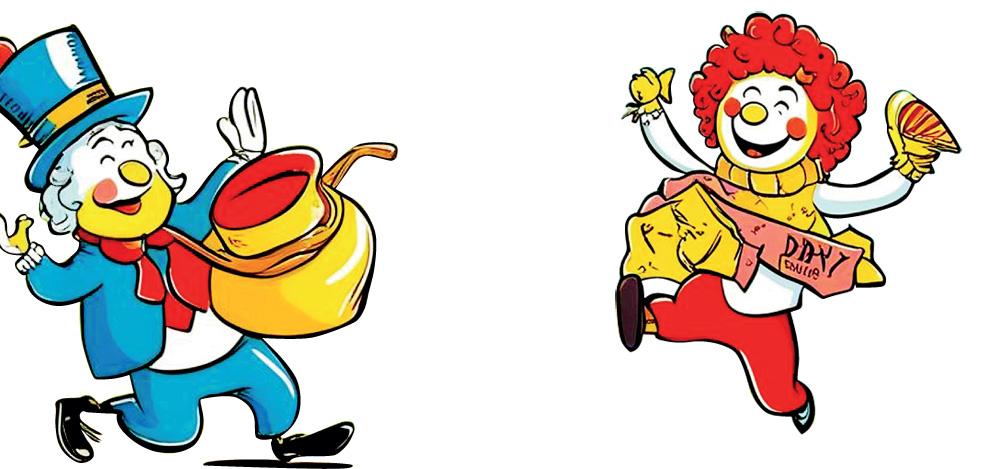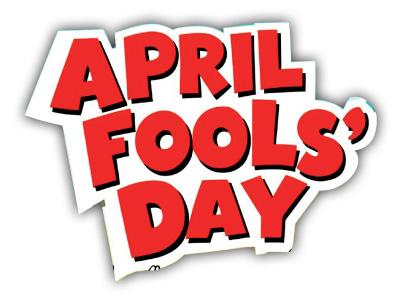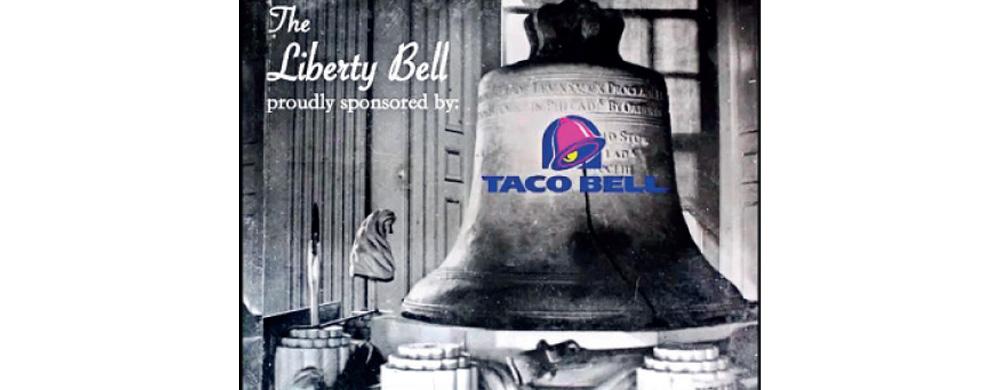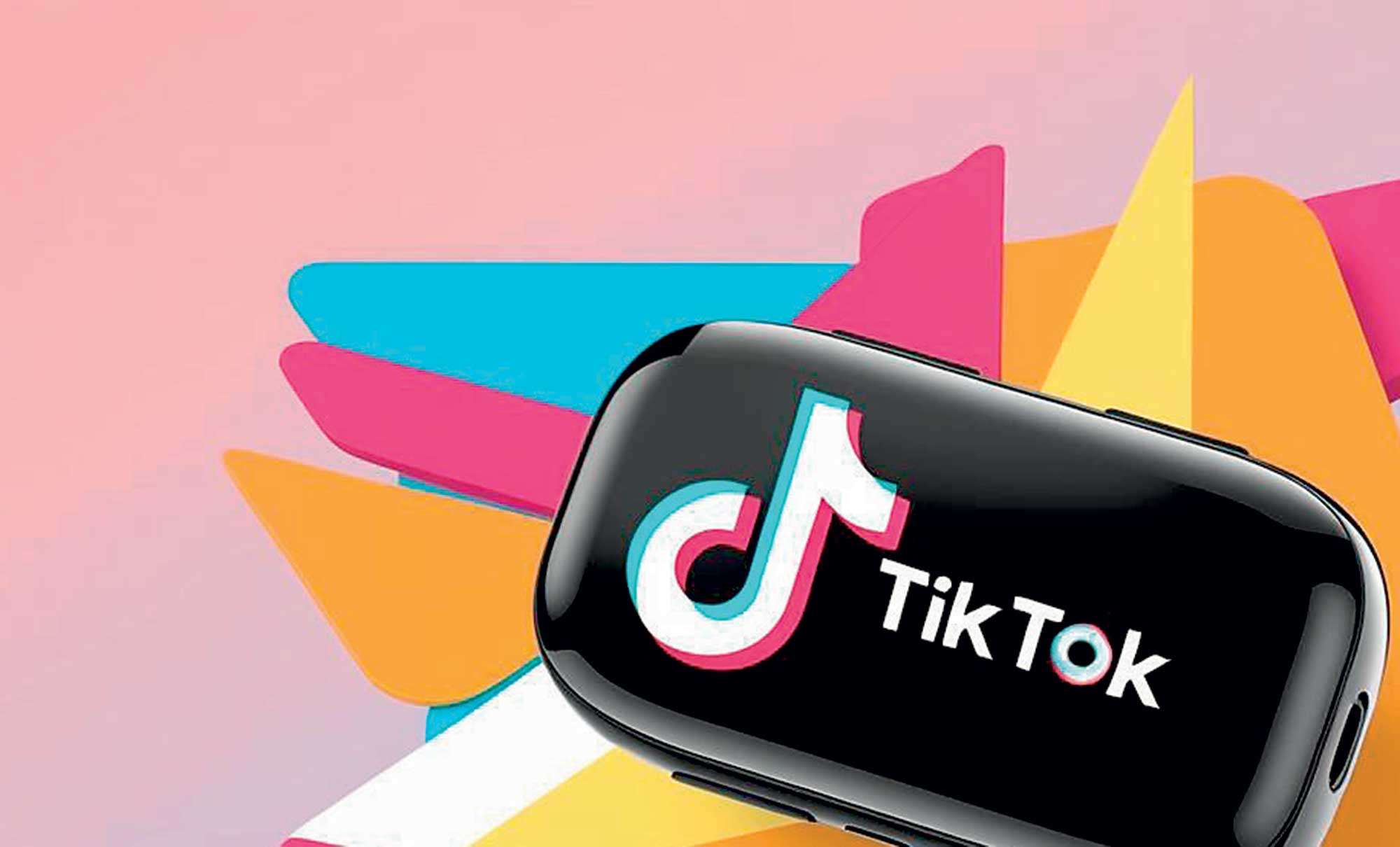
 April 1st marks a day of light-hearted mischief and playful deception, celebrated across the world as April Fools’ Day. Every year, people engage in elaborate pranks, hoaxes, and jokes, often leaving their friends, family, and even the media momentarily duped. But where did this peculiar tradition originate, and how has it evolved over time? Let’s dive into the history, traditions, and most memorable pranks of April Fools’ Day.
April 1st marks a day of light-hearted mischief and playful deception, celebrated across the world as April Fools’ Day. Every year, people engage in elaborate pranks, hoaxes, and jokes, often leaving their friends, family, and even the media momentarily duped. But where did this peculiar tradition originate, and how has it evolved over time? Let’s dive into the history, traditions, and most memorable pranks of April Fools’ Day.
The Origins of April Fools’ Day
The exact origins of April Fools’ Day remain a mystery, though historians have proposed several theories. One of the most widely accepted explanations traces the celebration back to the 16th century when France adopted the Gregorian calendar in 1582, following the decree of Pope Gregory XIII. Before this, the new year was celebrated around the end of March or early April. Some people, either unaware of or resistant to the calendar change, continued celebrating the new year on April 1st, leading others to mock them as ‘April fools’ by playing tricks on them.
Another theory connects the tradition to ancient Roman festivals, such as Hilaria, a day of rejoicing and trickery observed in late March. Similarly, some historians point to medieval celebrations like ‘Feast of Fools,’ a festival where people engaged in playful role reversals and pranks.
Regardless of its true origins, the tradition of April Fools’ Day spread across Europe and eventually the world, evolving into the prank-filled holiday we know today.
The Ethics of April Fools’ Day Pranks
While most April Fools’ pranks are harmless fun, some can cross the line into insensitivity or cruelty. Over the years, organizations and individuals have learned the hard way that not all jokes land well. For example, in 2020, as the COVID-19 pandemic unfolded, companies and media outlets were discouraged from spreading misinformation that could cause public panic. Similarly, fake job layoffs, health scares, or emergency hoaxes can lead to unnecessary distress.
To ensure a successful April Fools’ prank, keep it light-hearted, avoid anything that could be considered offensive or harmful, and always reveal the joke to avoid confusion.
April Fools’ Traditions Around the World
Though April Fools’ Day is widely recognized, different cultures have put their own spin on the holiday.
France & Italy: In France and Italy, April 1st is known as Poisson d’Avril or Pesce d’Aprile (April Fish). A common prank involves secretly sticking a paper fish to someone’s back. This tradition dates back centuries and remains popular among schoolchildren.
Scotland: In Scotland, the prank-filled festivities originally lasted two days. The first day was known as ‘Gowk Day’ (gowk means cuckoo, symbolizing a fool), dedicated to sending people on absurd errands. The second day, ‘Tailie Day,’ focused on pranks involving attaching fake tails or ‘kick me’ signs to unsuspecting victims.
United Kingdom and United States: In these countries, pranksters pull off jokes until noon. If someone plays a prank after midday, they are considered the fool.
India: While April Fools’ Day is not a traditional festival, it has gained popularity in urban areas where people enjoy light-hearted pranks.
Brazil: Known as ‘Dia da Mentira’ (Day of the Lie), April 1st is a time for media outlets and individuals to spread false stories, only to reveal the truth later.
The Future of April Fools’ Day
With the rise of digital media and social networking, April Fools’ Day pranks have reached new heights. Brands and influencers now use viral marketing to pull off elaborate hoaxes, often engaging audiences in interactive ways. However, the increasing spread of misinformation online means that people are more sceptical than ever before. While April 1st remains a day of fun, it also serves as a reminder to be cautious about what we believe, especially in the digital age where fake news can easily spread beyond its intended joke.
Conclusion
April Fools’ Day is a tradition that has stood the test of time, bringing laughter and mischief to cultures worldwide. From medieval festivals to modern-day internet hoaxes, the spirit of playful trickery continues to thrive. Whether you’re planning a harmless prank or bracing yourself for one, April 1st is a day to embrace humour and enjoy the lighter side of life; just don’t believe everything you hear!
Famous April Fools’ Day Pranks
Over the years, some of the most memorable pranks have been orchestrated by media outlets, brands, and even governments. Here are a few legendary April Fools’ hoaxes:

 The BBC’s Spaghetti Tree Hoax (1957)
The BBC’s Spaghetti Tree Hoax (1957)
One of the most famous April Fools’ pranks in history, the BBC aired a segment on its show Panorama showing Swiss farmers harvesting spaghetti from trees. At the time, pasta was not widely consumed in the UK, leading many viewers to believe the story. The BBC received numerous inquiries about how to grow their own spaghetti trees.
 Google’s Pranks
Google’s Pranks
Google has a long tradition of elaborate April Fools’ jokes. Some of its most notable pranks include:

Google Nose (2013): A fake new feature that claimed to allow users to search for smells.

Gmail Motion (2011): A hoax that suggested people could control Gmail with body movements.

Pac-Man on Google Maps (2015): Users could turn Google Maps into a playable Pac-Man game.

 Taco Liberty Bell (1996)
Taco Liberty Bell (1996)
Taco Bell ran a full-page ad in major US newspapers announcing that it had purchased the Liberty Bell and renamed it the ‘Taco Liberty Bell.’ Many Americans were outraged until the fast-food chain revealed it was a joke.

 The Left-Handed Whopper (1998)
The Left-Handed Whopper (1998)
Burger King published an ad in USA Today introducing a ‘Left-Handed Whopper’ designed specifically for left-handed customers. Thousands of people requested it before realizing it was a prank.

 Flying Penguins (2008)
Flying Penguins (2008)
The BBC released a video claiming that a new species of flying penguins had been discovered, delighting viewers with the sight of penguins soaring through the air before revealing it was an elaborate joke.
While most April Fools’ pranks are harmless fun, some can cross the line into insensitivity or cruelty.











